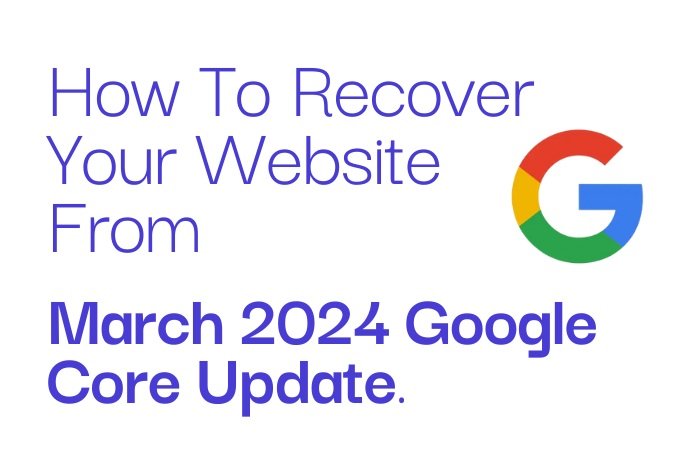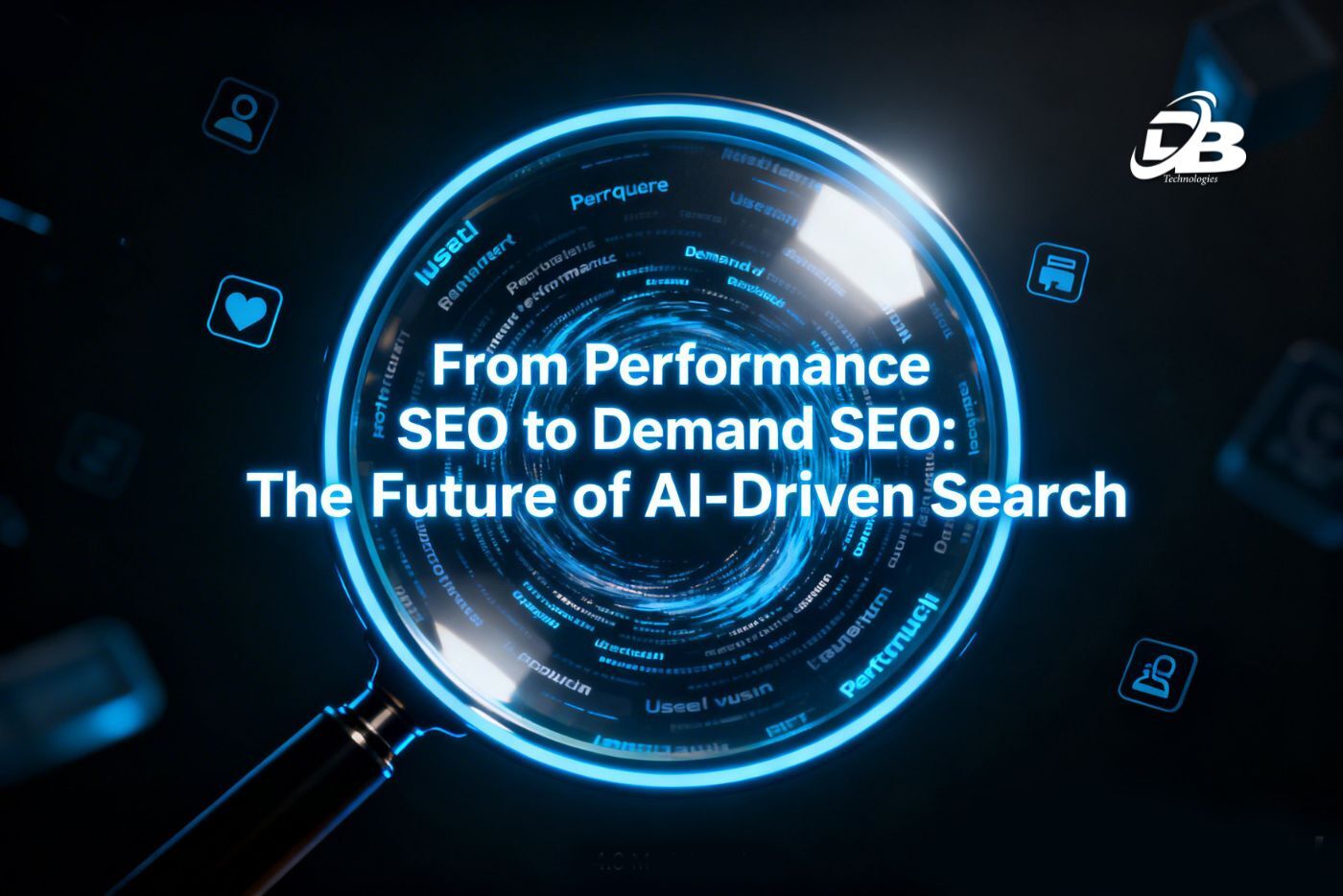
After the March 2024 update, Google was still removing websites from its search results due to manual penalties. But now, we can see the effects of the algorithmic penalty. Blog and business website traffic is plummeting rapidly. There are even websites with no AI content – people wrote the content themselves – that are experiencing traffic decline.
However, traffic isn’t disappearing entirely, as I mentioned in previous articles. Manual penalties are not part of the March 2024 update. The current traffic decline is because of this update. So, let’s discuss some strategies to rescue these websites and prevent further decline.
In today’s article, we’re talking about the March 2024 Core Update. This is our second article on this crucial update, which follows the BERT update and offers actionable points. Discussing it further is essential to help more websites succeed.
Remember, Google’s announcement stated that the latest update may take a month to be fully implemented. Therefore, it’s important not to rush into decisions. Wait for the update to fully roll out.
If you’re wondering why your website has been penalized, thinking, “My content was good, I did nothing wrong,” then wait. Your website’s traffic could return and even increase within a month. There’s no need to rush into making changes yet.
So far, websites experiencing traffic decline due to algorithmic penalties fall into five main categories. Let’s explore these reasons…
- Backlinks
- User experience
- Expired domain
- Poor niche
- Content
Backlinks
First is backlinks. Google has a system called Spam Brain, which catches backlink spam. When it sees a bad backlink, it doesn’t only penalize the person who provided the link, but also punishes the one who received the backlink.
Please keep in mind: The algorithm that Google comes up with, and the penalties it issues, are not meant to help you improve your websites ranking, content, or SEO knowledge. A penalty is a punishment.
Google is punishing you. They’ve already made policies and published documents. If you didn’t read them, or someone didn’t teach you about them, Google doesn’t care. Now your website is being punished. Simply improving your mistakes won’t solve the issue immediately.
Your website’s traffic can come back, but it will take consistent effort. It won’t happen overnight. Just improving your content or getting on the right track isn’t enough. Google is unhappy with your past actions, and you’ll have to bear the consequences.
Many websites with good content are still seeing traffic loss because of aggressive backlink strategies. They either purchased links or created backlinks on spammy websites.
If your website falls into this category, and your SEOs have aggressively built backlinks, here’s a crucial step (listen carefully): If your website received backlinks that have been de-indexed by Google, or whose traffic has completely crashed after the March update, then you likely have an algorithmic penalty. Here’s how to identify the type of penalty:
Manual penalty: Go to [Site colon] and enter your website URL. If the website doesn’t show up in search results, then a manual penalty has been applied.
Algorithmic penalty: Pick your website URL and check tools like Semrush or Ahrefs. If the traffic has suddenly dropped in the last few days, then you likely have an algorithmic penalty.
In these cases, you only need to disavow the specific backlinks that were penalized after the March update (either manually or algorithmically). Don’t disavow all your backlinks!
User experience
In this Google update, there’s a big focus on making sure content is helpful. Whether the content is helpful or not isn’t just about the quality and accuracy of the content alone. In fact, the page on which the content is housed also plays a crucial role. The content is the soul, the heart; the page is the body. Suppose your friend is very good at heart. If you haven’t taken a bath for 10 days, then you won’t hug, right? You’ll push back and ask them to take a bath.
The user experience of your page depends on two things:
- Ads
- Speed
If your website’s traffic has decreased in this March update and your website runs ads on your pages, then check them. Are there a lot of distracting ads? If you’re showing a lot of ads aggressively, making users search for the content, then reduce them and improve your website’s performance.
The content on your website might be very good, but if the page takes too long to load, users won’t see it. The page loading in 1.5 minutes is no good. Improve the website’s performance: upgrade the hosting, reduce plugins, use a CDN (go check out our entire playlist!), hire a smart designer, hire a developer – but make the website fast. There is no other solution to this.
Expired domain
Google has included a major point in this update: expired domain abuse. Many bloggers and SEOs used to purchase expired domains to leverage their link authority. This is an outdated tactic.
In the past, SEOs would either:
- Put any content on the expired domain to rank it using its authority and generate ad revenue.
- Take the whole domain and redirect it to their main website to benefit from its backlinks.
Google is now cracking down on this practice. Using expired domains in this way can lead to your website being de-indexed or de-ranked.
Here’s the catch: It’s possible your website unknowingly sits on a previously penalized domain. In this case, Google might de-rank your site by mistake.
There’s a solution! Use the Wayback Machine to see what the domain looked like years ago. Check the content, links, user interface – everything.
It’s a free tool, so check your website’s history. If you find a concerning past, create a thread on the Google Search Console Community. Explain your problem, and a product expert might escalate the issue to Google employees. They can then remove any penalty on your website, resolving the problem.
Poor Niche
The topic you selected for your blog might not be ideal. Face the bitter truth. If you based your blog topic on a YouTube video promising high CPC, easy niches, or a list, you might be in trouble. Millions see these lists, and thousands follow them. Now, how many websites does Google need to see lyrics of the same song? How many government job posts are there?
There’s no need to rephrase existing content. It’s already contextual and modern. What training material are you offering? Applying it on your website won’t guarantee people get jobs.
Your blog post and website need a unique aspect. Those who give niche lists won’t tell you this because it keeps their business running. They prey on people who don’t think logically. Consider this: what does Google do with copycat websites?
Content like “When is that actor’s birthday?” or “How strong is their brain?” isn’t useful. You might feel bad because you invested in hosting and website development. You might think, “What’s my fault? The guide cheated me!” But you made the first mistake by being lured by a flashy thumbnail. Greed is bad.
These websites with repetitive content on easy topics are pointless. Thousands, even lakhs of websites already cover them. There’s only one solution: delete that content or let it be. Start creating truly unique content. Unique doesn’t mean no one else writes about it; it means your experience and methods are valuable, and the user benefits more.
There’s no other solution. You might survive for 1-2 months, 4-6 months, or even a year, but eventually, you’ll need a better path. You need to generate business and build a sustainable life. Leave these tricks behind.
Content
If your blog uses content written by ChatGPT, automatically translated content, or directly copied and pasted content from someone else’s website, then you know you’re becoming a dangerous player.
Those people in the videos, the ones yelling loudly with six laptops, claim they can copy content from any website, rewrite it with ChatGPT, and then call it unique because ChatGPT didn’t find any exact matches. They then go to websites talking about Google updates and ask, “How long can we keep cutting corners?”
Today, many comments and messages arrive saying things like, “Sir, Google SEO and blogging might not be as effective as before, and I agree.” However, the issue is that the people you recommend are not experts in either field.
Stealing content from a good website and collecting a little ad revenue – if that’s your idea of pro-blogging, then what about TechCrunch, Engadget, 9to5Mac, and Android Police? These are real blogs. They don’t hire people who steal content.
And if you follow a genuine blogger, they won’t call themselves an SEO expert. There’s no shame in this. SEO is not surgery, acting, or blogging. Similarly, bloggers aren’t SEOs. Good bloggers understand maybe 10-15% of an SEO’s job because it relates to their work. Conversely, SEOs don’t know much about writing because they don’t write content full-time. They’re not bloggers, and they can’t write that well.
So, if you want to talk about the future of SEO, ask SEOs – they’ll know better.
Ending Words
The world of SEO and blogging thrives on valuable content. Cutting corners with stolen or machine-generated content might seem like a quick win, but it ultimately hurts your credibility and reach. Invest in creating high-quality, informative content that genuinely helps your audience. Partner with true SEO experts like Dev Boat Technologies who understand the ever-evolving search landscape. By focusing on authenticity and expertise, you can build a sustainable and successful online presence.












